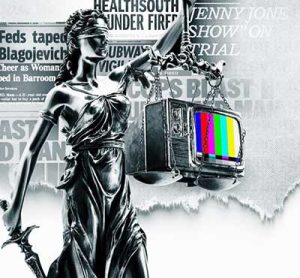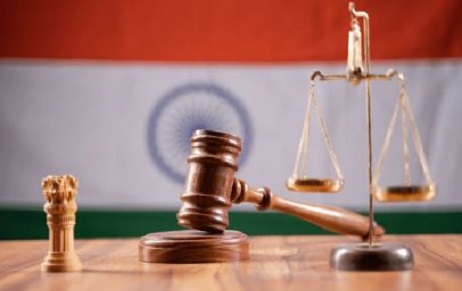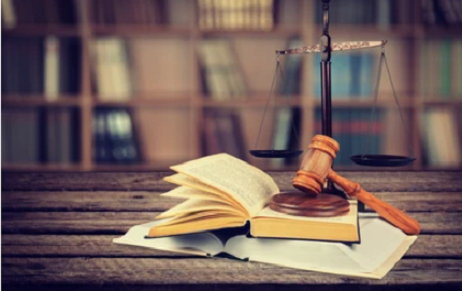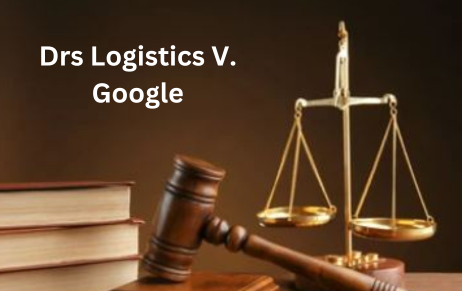ABSTRACT The project employs doctrinal research methods, i.e. secondary research which involves writing on basis…
Media Trial- An Injustice to Fair Trial
Introduction
When a case is in the progress of its judicial proceedings and no judgment has been provided by any judicial authority and an individual views a story or reads an article related to that issue after which he makes a perception solely on the basis of what he saw and read and starts seeing the person being tried as innocent or guilty, this scenario is termed as media trial. Media being the fourth pillar of democracy has guarded the existence of society but over the past few instances, it is troublesome to observe that it has fallen way below its grace. A recent suicide case of a celebrity was hyped by the media channels merely for publicity and insensitively showcased fragile information of the case and the only motive was to incentivize entertainment.
Media trials have afore long history of sensationalizing a matter and influencing lakhs of people. Our judicial system believes to provide a fair trial and a Latin phrase of “Audi alteram partem” that is ‘let the other side to be heard as well. In a juristic proceeding, both sides are heard and only after that a judgement is given acquitting or punishing the accused but this isn’t the same with media trials. In a media trial, the person accused is either already guilty or innocent, there is no in-between. The contentions made by the media are exclusively based on their own understanding of the case and not on the facts provided by either of the parties.
Media Trials and Jurisdiction

Another case that was highlighted by the media was Arushi Talwar’s murder case. In the present case, Aarushi was found dead in her room and her parents locked inside their apartment. The very next day their house help was found dead on the terrace. Media being the most galloping, started a media trial and contended that Aarushi’s father found her and his house help in a ‘compromising position’ and under grave and sudden provocation killed both of them. The CBI took a speedy justice and on the basis of media, the trial found Mr. Talwar guilty of double murder even though there was no factual evidence. The media published news as facts and findings without configuring them. After the second CBI probe, it was discovered that there was an involvement of Mr. Talwar’s compounder and no evidence was found against Aarushi’s parents. Media trying to act as the topmost authority made statements like justice can only be served while punishing the parents which resulted in grave injustice to the parents. In 2017, Allahabad High Court acquitted Nupur and Rajesh Talwar saying that the couple could not be held guilty on the basis of the evidence on record.
Constitutionality of Media Trial
Article 19 of the Constitution of India provides for the Right to freedom of speech and expression which is also conferred on Indian media but the right is not absolute and certain restrictions are imposed under Article 19(2) of the Constitution of India. Contempt of Court is one such restriction. Article 129 and Article 215 of the Indian Constitution provide powers to the Supreme Court and High Court respectively to punish anyone for contempt of itself. Media trials can result in Contempt of Court as an individual is provided with a right to a fair trial which is an absolute right within the territory of India vide Article 14, Article 19, Article 20, Article 21, and Article 22 of the Constitution of India and trial by media is contrary to these Articles.
Conclusion
In the recent case of Sushant Singh Rajput’s suicide, we saw the injustice of media trial which was morally wrong. The cacophony surrounding the death of Sushant Singh Rajput revealed the dark side of the media. Rhea Chakroborty was targeted and was held guilty of his murder even before any judgment was given by a judicial authority. The case slowly took a turn into mob mentality which was entertainment-centric and the only purpose was to gain TRPs. The media did such nefarious activities that many PILs were filed requesting the court to restrain the media from reporting on the matter. The Bombay High Court in the matter said that media trials can be contemptuous and any reporting should be done in accordance with journalistic norms, standards, and ethics. It also said that media trial during the investigation of any case violates program codes of the Cable TV Network Regulation Act and ordered that the PCI guidelines will apply to electronic media along with print media. These cases are imprinted in the minds of people and I believe that media trials should be restrained because these are not the earlier times where the media acted as the fourth pillar of democracy.
Author: Swarnima Arya, a student of the Faculty of Law, University of Delhi, an intern at IIPRD. In case of any queries please contact/write back to us at [email protected].



